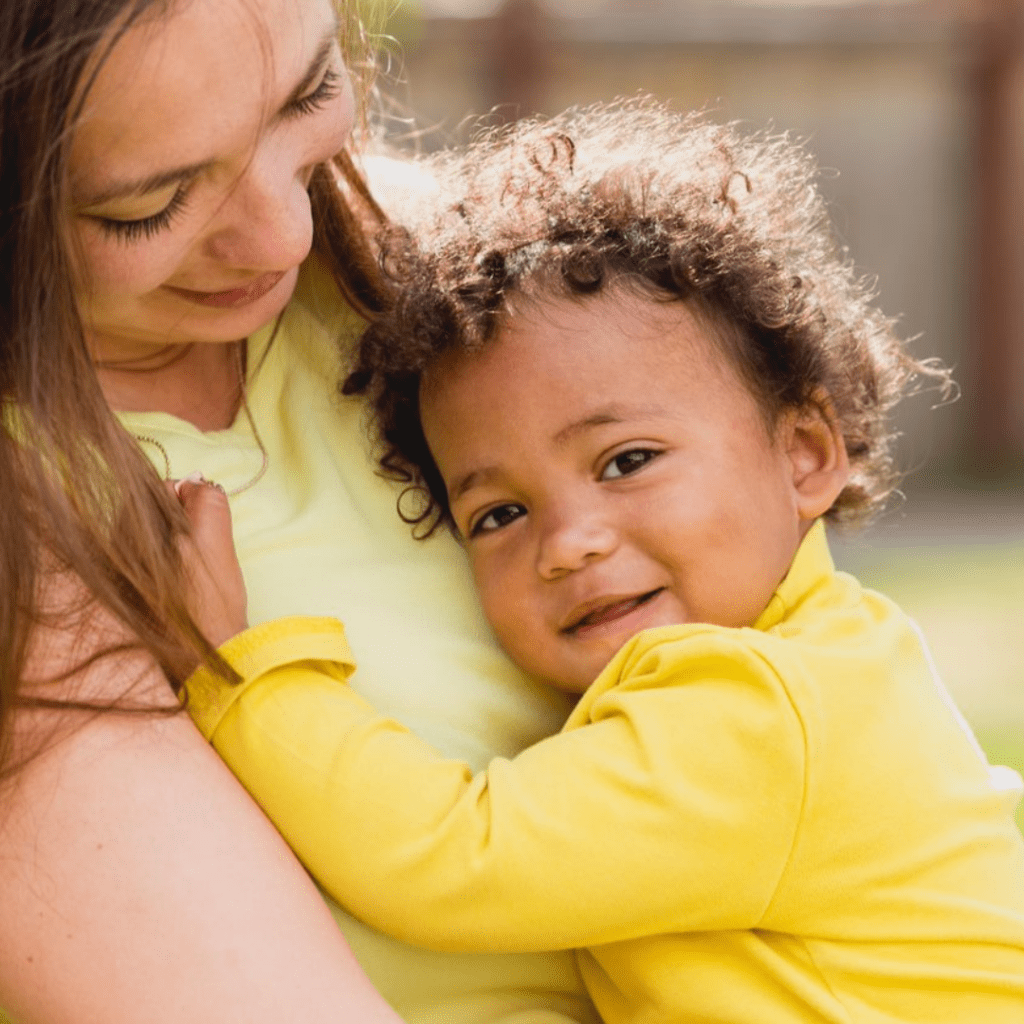Helping black children in care to own their identity
Date published
28 June 2022

When it comes to foster care the children needing our care and support come from all different ethnicities and cultures. This is something that is often side-lined when helping a child to thrive in their new environment, but cultural identity is an integral part of a child’s life, especially for black children.
As a foster carer, the ethnicity of the children you help doesn’t influence the type or level of care you offer. However, when a black child is placed with foster carers that do not share the same ethnicity, there can be challenges that unfold.
Being separated from birth parents is a trauma that all of the children in our care will experience and this can be added to when the child is also taken away from their culture and placed into an unfamiliar environment.
If you’re a non-black foster carer with a black child in your care, then you may want to think of ways to make that transition easier. Things like encouraging the exploration of their culture further and supporting them in this can really help settle the child into their new home. Work with them to find recreational activities that really cater to their interests and make sure they feel safe expressing themselves fully in the way that feels most natural to them.
Seeking out organizations or community activities that cater to a child’s culture and identity is always recommended.
When it comes to the health and happiness of the child, it’s always ok to admit that you need a bit of help and support yourself.
Of course, we don’t live in a perfect world and if a child has come from a predominantly black community and is now placed in an environment where they don’t see themselves represented, there may be issues that you’ll need to address. Should a child face any discriminatory or racist behaviour it’s extremely important that you are proactive and intervene where needed. Show them that you are there to protect them and open up an honest line of communication so the child knows they can talk to you about these issues.
In a child’s early life, books and toys are an essential part of learning about the world, so it’s important that you choose toys and books that show diversity. Make sure the child can see themselves represented in the products you offer them.
This also applies to any media the child is exposed to including the films they watch, the TV shows they see or even what they watch online.
Make sure everything offers an accurate and positive representation of different cultures and identities.
Music is also a huge part of cultural expression and introducing children to music from their cultural background or language can help them form a strong connection with their identity. If you’re caring for older children then they may have bands and artists they have already formed a bond with, in which case make sure you engage positively with their likes and support their musical exploration and tastes.
If you’re new to fostering children outside of your own ethnicity, this guide for taking care of black and mixed heritage children is a great source to draw from. Remember that it’s always ok to reach out for additional support and to admit when you’re not sure about something relating to different cultures.
Although the health and happiness of the child are the highest priority, they will also need to learn how to take care of their outward appearance.
Skincare is important for everyone but the skin of different colours will need different care from what you may be used to. Black people’s skin is often naturally quite dry so regular moisturising is essential to keep it in good condition. However black skin can also be fairly sensitive so using alcohol-free products is advised to prevent irritation.
Learning about skincare isn’t just important for the child, but as a carer, it’s helpful that you educate yourself on how to care for different skin textures so that you can support them where needed. One of the biggest myths about black skin is that it cannot get sunburnt, however, this is not true and black skin needs just as much protection from harmful UV rays as any other skin type.
Within the black community, hair care is also essential in order to keep hair in the best condition. Often those that don’t have afro-textured hair will have very little knowledge about things such as protective styles or even cultural and religious traditions where the hair shouldn’t be cut at all.
Luckily there is an amazing community of black creators online that offer videos and blogs about caring for black hair which you can use to learn how to care for your child’s hair properly and also teach them how to take care of it themselves. Reaching out to black parents or hairdressers/barbers can also be a great way to learn more about hair and get the support both you and your child need.
Fostering insights
28 June 2022
Get in touch with us today
Contact us
